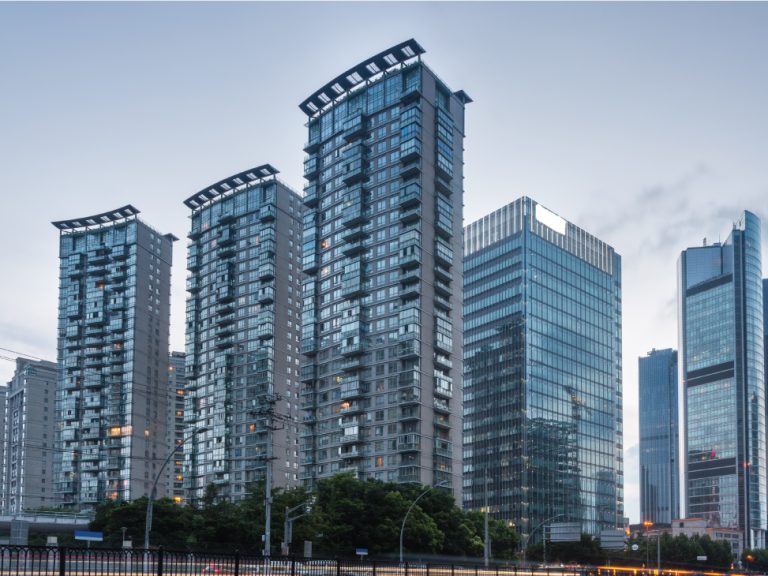Getting home loan is very BASIC now
Get a loan in under 5 mins

Commercial activity in residential areas refers to the use of residential properties for business purposes. This can range from small home-based businesses to larger enterprises. The primary concern is whether such activities comply with local zoning laws and regulations.
Zoning laws are local regulations that dictate how properties in specific geographic zones can be used. These laws are established to ensure that land use is consistent with community planning objectives. For instance, residential zones are typically reserved for housing, while commercial zones are designated for businesses.
Suggestion read: Commercial Property loan
In many cities, certain commercial activities are permitted in residential areas under specific conditions. Here’s a list of commercial activities allowed in residential areas, depending on local regulations:
Home Offices: Small-scale businesses where the primary business activity is administrative work.
Daycare Centers: Childcare services that operate during regular business hours.
Professional Services: Services provided by professionals such as lawyers, doctors, and consultants.
Bed and Breakfasts: Short-term lodging services in residential homes.
Tutoring Centers: Educational services provided in a home setting.
It’s important to note that these activities often have restrictions, such as the number of employees, business hours, and the extent of modifications to the property.
To convert residential to commercial property, several steps must be followed:
Another trend is the development of mixed-use buildings that combine residential and commercial spaces. These buildings are designed to provide the convenience of living and working in the same area. For example, a commercial residential building may have retail shops on the ground floor and apartments on the upper floors. This approach not only maximizes land use but also promotes a vibrant community atmosphere.
Here is a list of businesses that typically cannot be operated from residential properties due to zoning laws and regulations:
Using residential properties for commercial purposes without proper authorization can lead to legal complications. Penalties may include fines, orders to cease business operations, or even property repossession. In some metro cities, the penalty charges are up to 1% of the property cost; hence, if a property costs around 1 crore, then the fine will be 1 lakh. Therefore, compliance with local zoning laws and obtaining the necessary permits is crucial.
While it is possible to use residential property for commercial purposes, it’s essential to understand and comply with local zoning laws and regulations. By following the legal procedures and obtaining the necessary permits, you can successfully convert a residential property into a commercial space. This not only ensures legal compliance but also promotes a harmonious coexistence between residential and commercial activities in the community.
For more information on commercial activity in residential areas, consult with local zoning authorities or a real estate professional to navigate the legal landscape effectively.
Commercial use involves utilizing property for business activities like offices, retail shops, and showrooms. Residential use involves living spaces such as houses and apartments for personal dwelling.
Setting up a showroom in a residential property generally requires obtaining the necessary permits and ensuring compliance with local zoning laws. Without proper authorization, this could lead to legal issues.
Published on 10th July 2024